At Carlmont, students expect that all voices will be heard regardless of race, sexuality, or creed.
However, there is still silence from a group that many would expect to be vocal. This group is not African Americans at Carlmont, nor is it the LGBT community. Both of these minority groups have an open and accepting environment at Carlmont and in the Bay Area in general.
The minority group still without a say is the conservatives of Carlmont and the Bay Area.
Although there are no laws that state conservatives cannot speak their opinion, this group chooses to remain silent. Conservatives in a traditionally liberal environment are often inclined to not express their beliefs because of the overwhelming sense that others will tell them that they are wrong. The feeling that nobody will listen to them because their ideas conflict with their peers has taken away the voice of this minority.
This hardly seems like an environment with freedom of expression.
Being a conservative in the Bay Area is like being a heretic. — Robert Ward
“Being a conservative in the Bay Area is like being a heretic,” said Robert Ward, a conservative of the Bay Area in an interview with CBS San Francisco. “You lead a double life. You can never tell your friends and co-workers.”
Although an extreme example, it is not too far from the truth. At UC Berkeley, for example, multiple conservative speakers who were scheduled to speak for the students of the University decided it was in their best interest not to go. They feared they would be attacked, and people from both the conservative and liberal sides would be hurt, according to the LA Times.
In February, Milo Yiannopoulos, the former editor of Breitbart, had scheduled to come and give a speech on Berkeley’s campus. The result was one of chaos, rioting, and violence, according to Berkeleyside. Anti-Fascist (ANTIFA) protesters vandalized buildings and started fires in order to make sure Yiannopoulos would not get the opportunity to speak.
ANTIFA and other protesters carry shields that have the words “no hate” emblazoned on the front of them, according to the Washington Post.
However, these actions provoke hate rather than stopping it. By protesting through violence and intimidation, these groups force conservatives to refrain from expressing themselves and their opinions.
At Carlmont, a similar silencing of conservatives occurs to a lesser extent every single day.
Since Carlmont is located in the Bay Area, one of the most liberal places in the country, it is easy for students to assume that everyone around them shares the same beliefs as them. People find comfort in knowing others are like them, according to Vox. Most people do not want to be the outsider or be around outsiders.
When conservative students discuss their beliefs with others who are not conservative at Carlmont, they are treated as outsiders. Most liberal students have heard the same opinion over and over through their friends, family, and liberal news sources, according to the Guardian.
In essence, this means that people tend to go to news sources that confirm their beliefs rather than search for sources that contradict their beliefs.
Because of this inherent bias, Carlmont cannot be considered a sanctuary of free speech, but rather a place where students can reaffirm their existing views and beliefs rather than find new ones.
If Carlmont truly wants to become a school where all people feel comfortable regardless of race, sexuality, or creed, students must embrace all of their minorities, including conservatives.

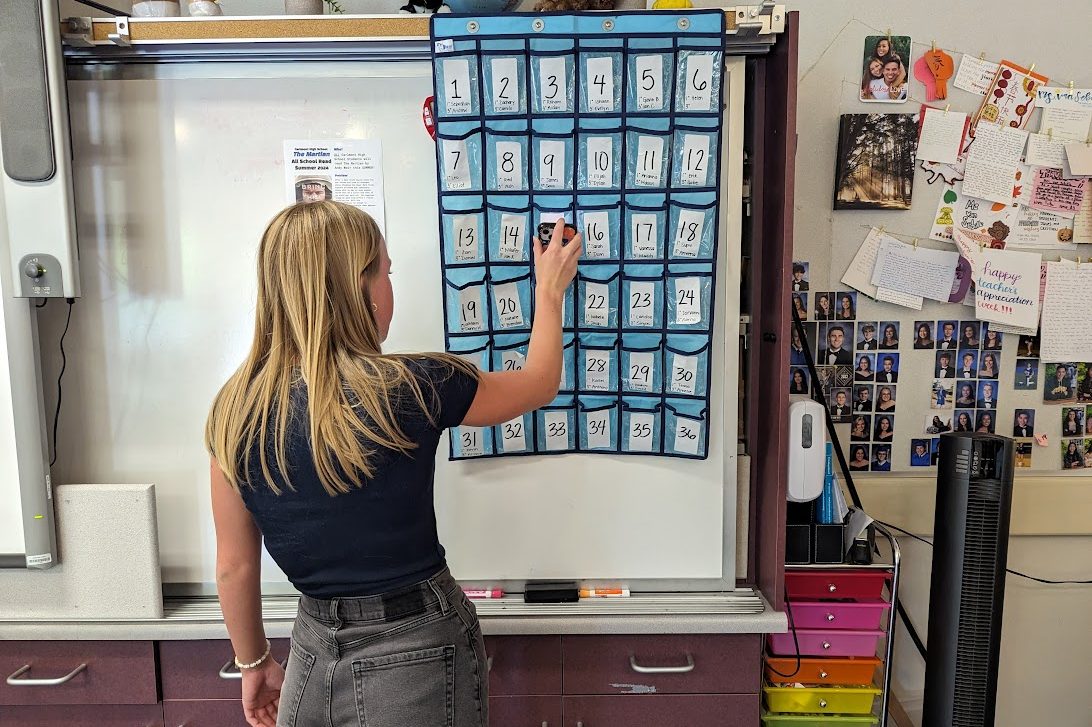


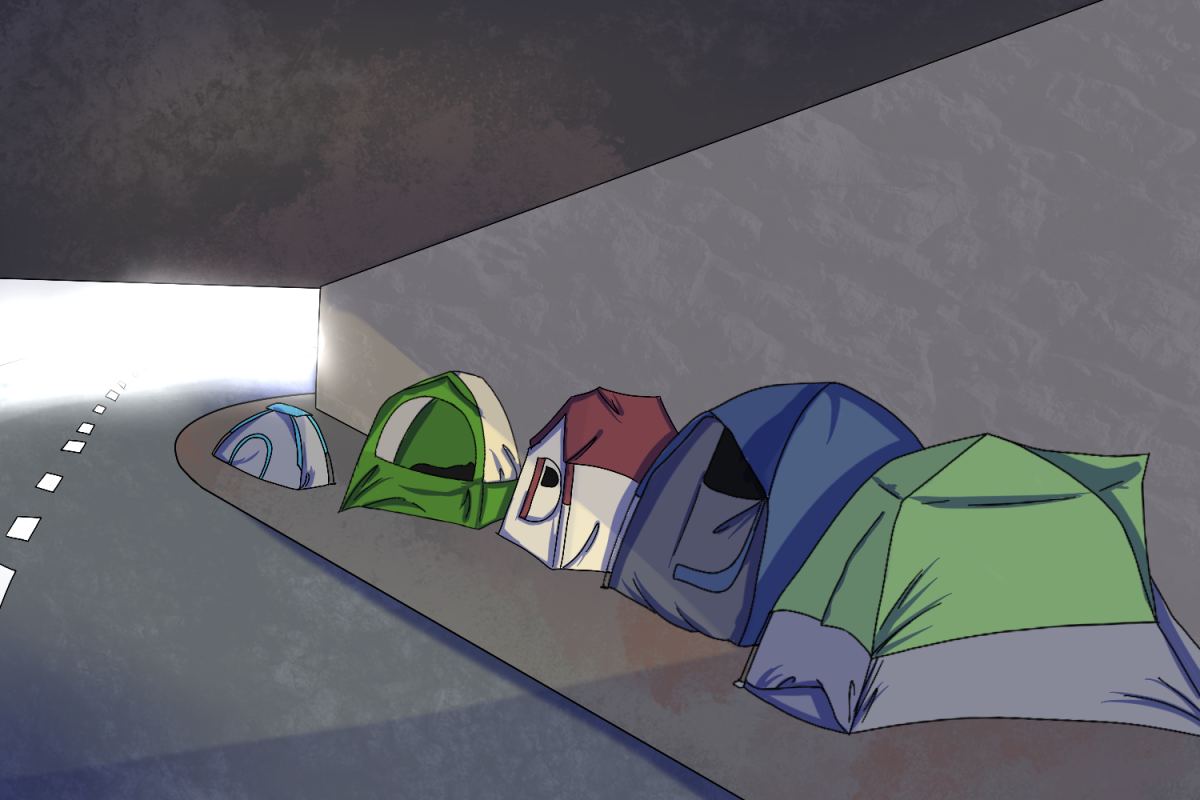
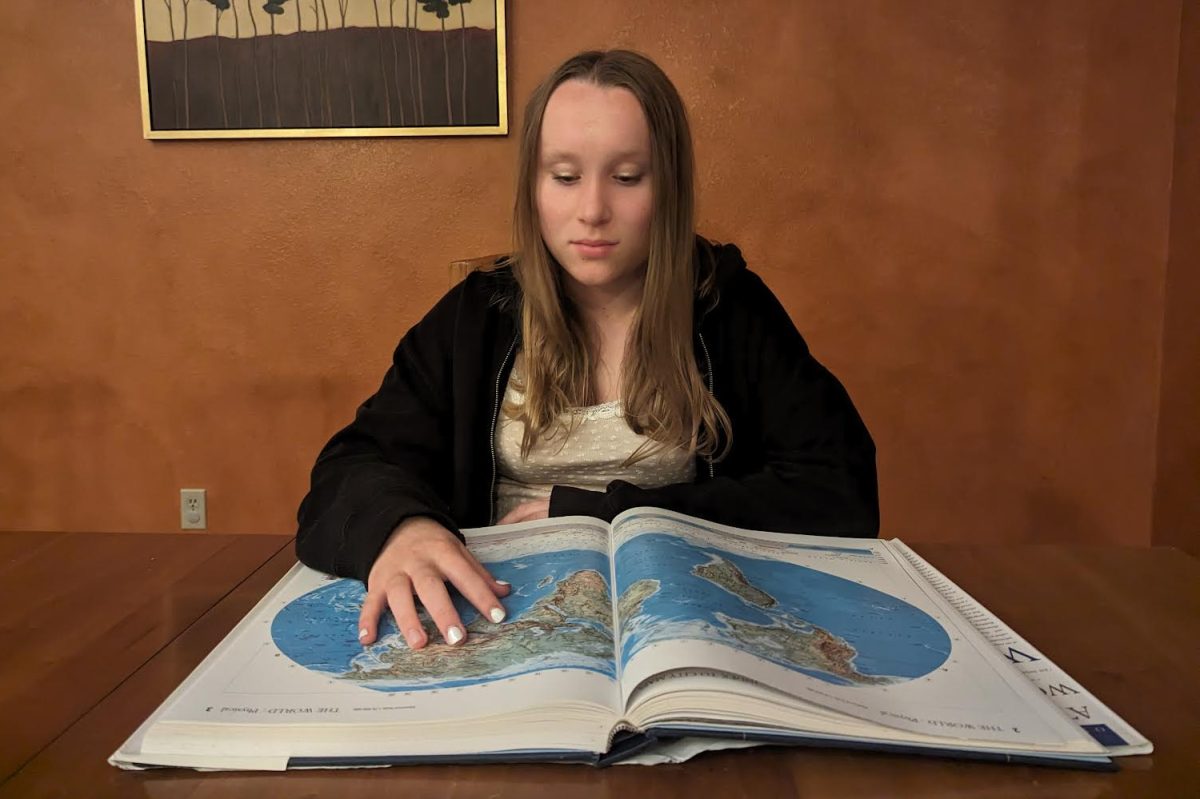
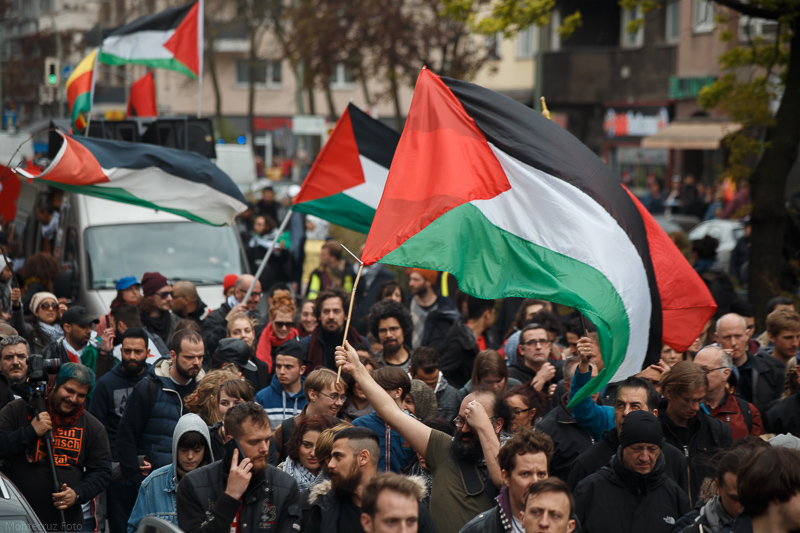
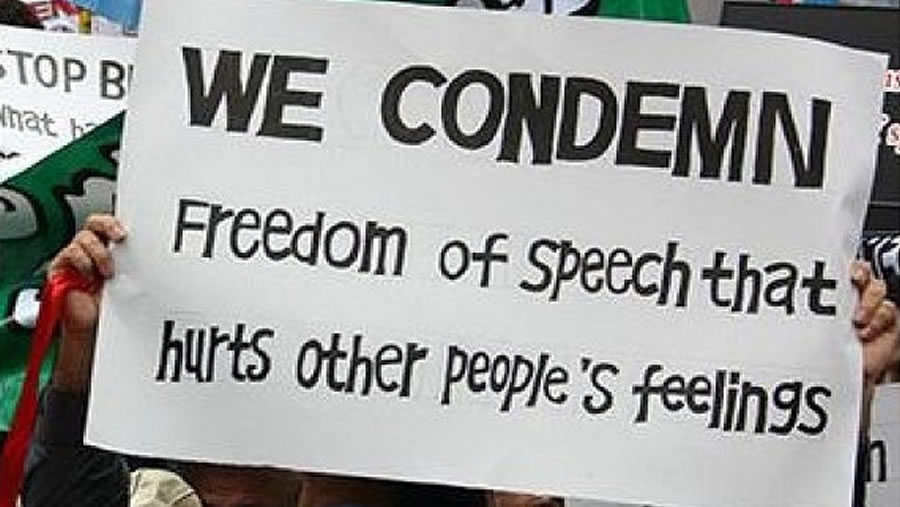
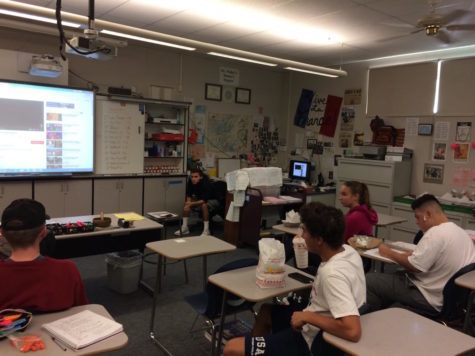
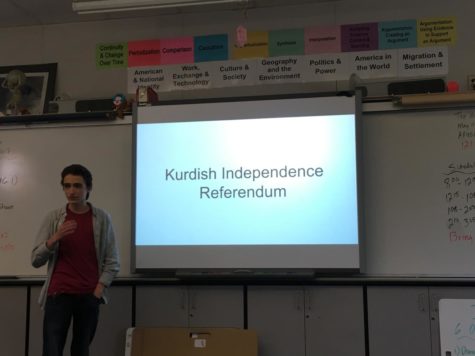
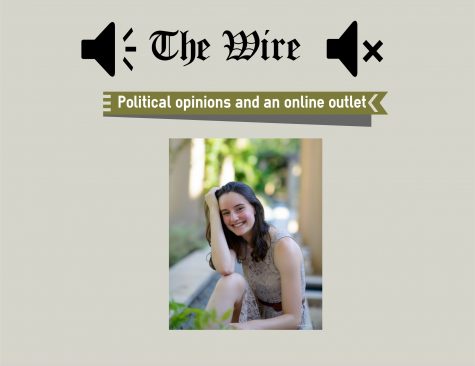
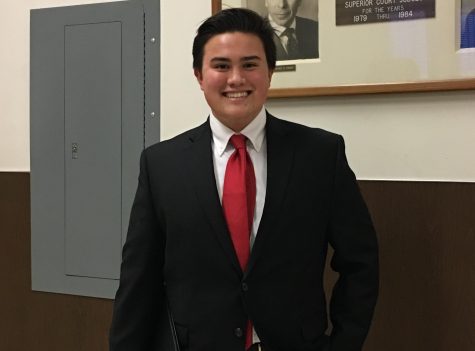

Joseph Gomez • Feb 23, 2018 at 10:11 pm
The problem today is our constant tendency to gravitate towards identity politics. I’d like to think that a person is more than how they define themselves politically, sexually, or racially. The truth is that I really don’t care unless they flaunt it about, using it as a tool to demean others. It’s who you are, not what you are, that matters. Great article, Adrian
Cath Lei • Feb 19, 2018 at 4:51 pm
The reason I choose not to listen and surround myself with people with conservative views is because many of those beliefs are against the fundamental traits of myself. Should I willingly place myself into a group of people who think I don’t deserve a right to marry?
Is being conservative illegal? Has it ever been? Does being conservative result in a death penalty or a life sentence in any country? Do people have debates over your rights? Does being conservative automatically deny you the right to life? I can list the countries where me being gay can get me killed.
If my voice as a queer person of color is never silenced, tell me why when I tell someone I’m gay, it’s still a huge shock. So long as being gay continues to be something that inherently sets me apart from everyone else, I can’t ever be an insider. You’re right though, because I don’t want to be an outsider, but that’s not something I can help.
That’s not a choice I get to make. I can tell people I’m not gay, but I’ll still feel like an outsider. We can’t choose what race we’re born as, what color our skin is, or who we love. Being conservative isn’t something you can’t help. Those are beliefs and ideals you choose to support.
Carlmont Parent • Feb 18, 2018 at 8:32 am
Timely article. Carlmont is a microcosm of the bay area, and the bay area has truly become intolerant of conservative thought. A recent WSJ article pointed out this groupthink and the many prominent individuals, such as Peter Thiel, who are moving out of the bay area as a result. It’s a shame diversity of thought is not as respected as other types of diversity. In the end, we are all worse off for it.
Maya Benjamin • Feb 17, 2018 at 11:26 pm
I understand your point and I believe in some ways you are right but to say African Americans and the LGBT community are openly excepted at Carlmont and in the Bay Area is a stretch. I have had to deal with several instances of racism at Carlmont and in the Bay Area and I know some of my LGBT friends have had to deal with homophobia. Just because it isn’t blatant racism doesn’t mean it doesn’t exist in our liberal bubble. Furthermore, using the example of Milo Yiannopoulos and the protests because of his scheduled speaking engagement at UC Berkley I felt wasn’t right because of the things that Yiannopoulos has said about feminism, African Americans and the LGBT community even though he himself is gay. Yiannopoulos’ controversial comments demonstrate his own close-mindedness towards minorities. Also, out of the hundreds of protesters in attendance, only a small fraction of those protestors were the ones that incited violence.
anon • Feb 15, 2018 at 7:55 pm
Thank you so much.
There’s evidence everywhere. Plus, you can’t prove a feeling of isolation with a number. It’s how a group of people feel.
Minority is a generic word, and he specifies in this situation that it’s within the carlmont community, so I would absolutely say that minority is a fair word to use. I question why you suggest that minority is the wrong word choice, and wonder if it’s because minority is often associated with the word “marginalized,” which has a negative connotation, which maybe you deny is connected to conservatives at Carlmont. In this case, as I assume you identify with more liberal ideas, you should think about how people with different ideas feel in this liberal bubble instead of suggesting that the problem doesn’t exist by smugly saying that “minority” is an improper label.
Thank you, again.
Isabella Mattioli • Feb 15, 2018 at 4:52 pm
this point does make sense, but is there evidence of this? like how does this happen
Victoria Valle Remond • Feb 15, 2018 at 8:07 am
i understand your point but how good of an idea was it to refer to conservatives as “minorities”